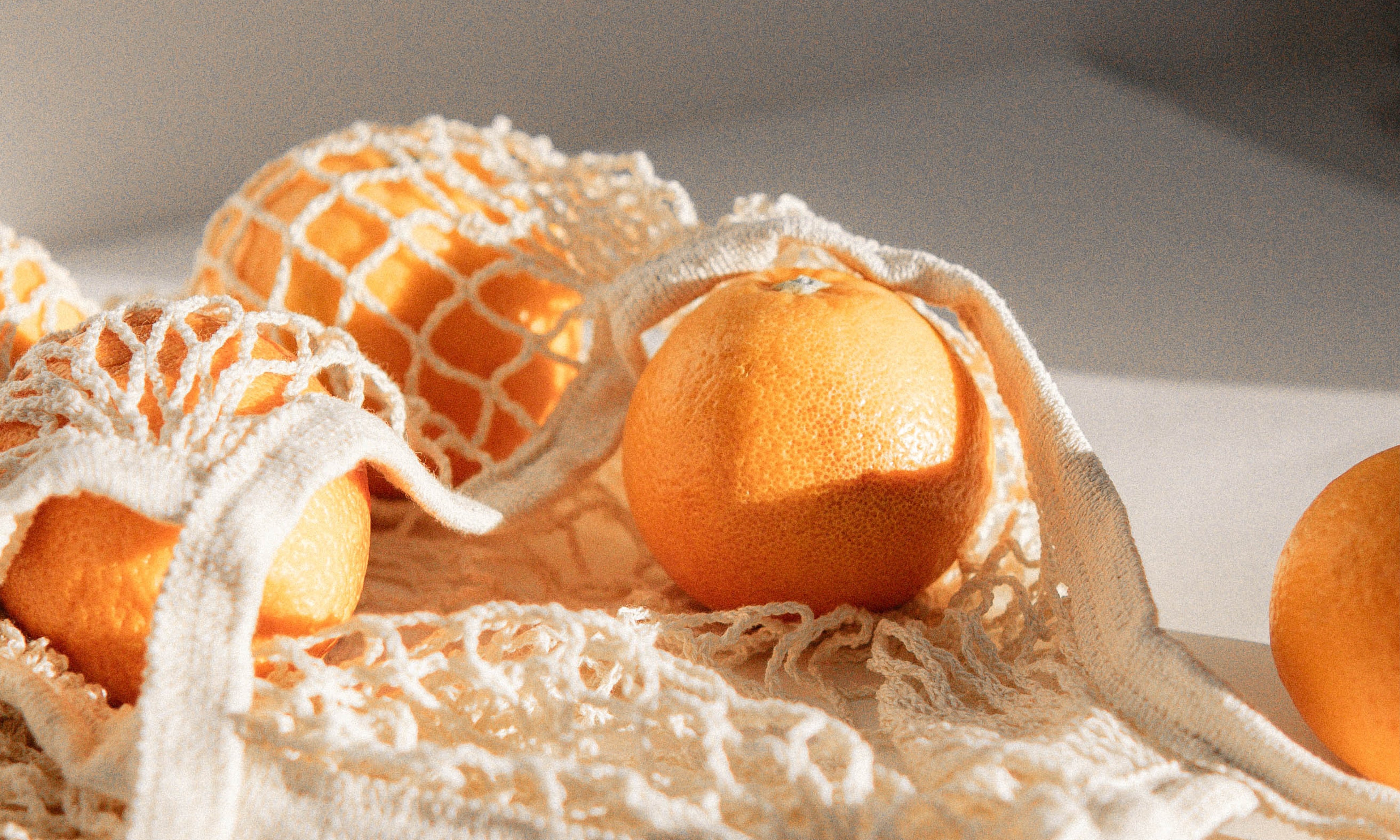
BODY EXFOLIATION 101
With spring around the corner, it’s only natural to feel the excitement over warmer weather and starting to bear a little more skin. It’s also only natural that our skin is dying for TLC after the dry and harsh winter weather. Our best strategy? Exfoliation 101!
Exfoliation is the act of either mechanically or chemically helping to slough away dead skin cells, helping cell turnover and in turn, brightening our complexion. An accumulation of these skin cells can clog our pores as well as worsen fine lines and wrinkles, which is why exfoliating regularly lets your skin breathe and reveals refreshed, soft skin underneath––and there are so many ways to go about it.
Let us help you break it down:
- Mechanical exfoliation includes anything physical you can use to exfoliate your skin – dry brushes, exfoliation mitts, scrubs, etc.
- Chemical exfoliation refers to exfoliating acids (which you learned all about in last week’s blog!), including AHAs and BHAs
It is also super important to note: the skin on your face and body are very different. Both areas can benefit from exfoliating but require different approaches. For example, body scrubs are typically thicker than facial scrubs and can also have stronger concentrations of acids. Therefore, these scrubs cannot be used interchangeably.
WHO SHOULD EXFOLIATE?
Everyone! However, it is important to keep in mind your skin type in order to choose the best method for your needs.
If you have dry, flaky, or sensitive skin, we recommend sticking with chemical exfoliation and using gentle AHAs, like glycolic and lactic acid. If you have acne-prone skin, we recommend opting for products with BHAs, like salicylic acid.
Those with oily or dull skin will benefit from using scrubs or exfoliating tools that will physically (yet gently!) remove build-up on both the face and body. And lastly, if you have combination skin, you may find yourself needing to experiment with both mechanical and chemical exfoliation––just not at the same time!
HOW OFTEN?
It is generally recommended to exfoliate 2 to 3 times a week unless you have exceptionally sensitive skin–in which case starting with once a week is fine. If you notice your skin is red, itchy, inflamed, or peeling, take a break!
HOW TO:
If you are exfoliating mechanically with a dry brush, sponge, or glove, we recommend using short, light strokes. You can also move in a clockwise circle all over your arms, legs, and torso, as it will help remove all of those dead skin cells and stimulate circulation.
Exfoliate each area for about 30 seconds and then rinse off with lukewarm water, and make sure to avoid any wounds, active blemishes or sunburns. After exfoliating your face, follow up with your usual skincare routine, and be sure to moisturize. After exfoliating your body, make sure to apply a body moisturizer in order to lock in moisture and properly protect your skin.
BODY
JAN MARINI BIOGLYCOLIC RESURFACING BODY SCRUB $73
YONKA PARIS SOFT EXFOLIATOR $56
GM COLLIN MELT-IN BALM $60
GRAYDON ALL OVER FACE & BODY LOTION $30
FACE
VIVIER SKIN AHA/BHA EXFOLIATING CREAM $78
SKINCEUTICALS MICRO-EXFOLIATING SCRUB $46
FINAL THOUGHTS
Taking the time to instill a regular exfoliating routine in the spring is a great way to prepare your body for the warmer months and unveil the glow that lies beneath months of dry, chapped skin. Make sure to always be gentle and follow up with SPF if you are headed out the door to start your day.
On that note––let’s get exfoliating!
Mathilde

















Leave a comment
This site is protected by hCaptcha and the hCaptcha Privacy Policy and Terms of Service apply.